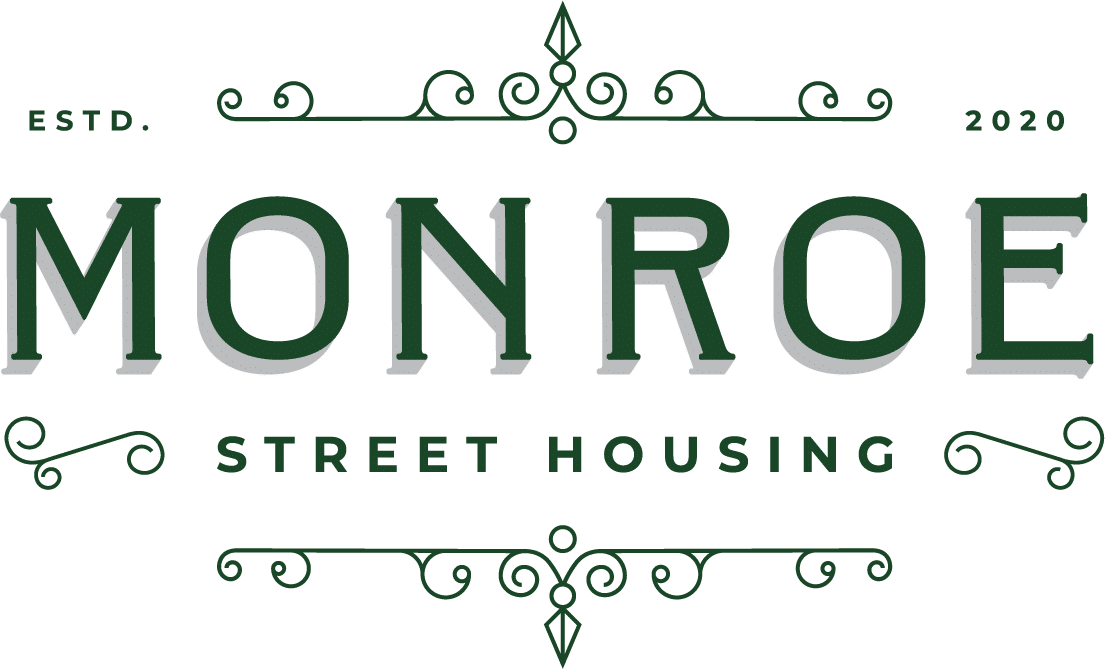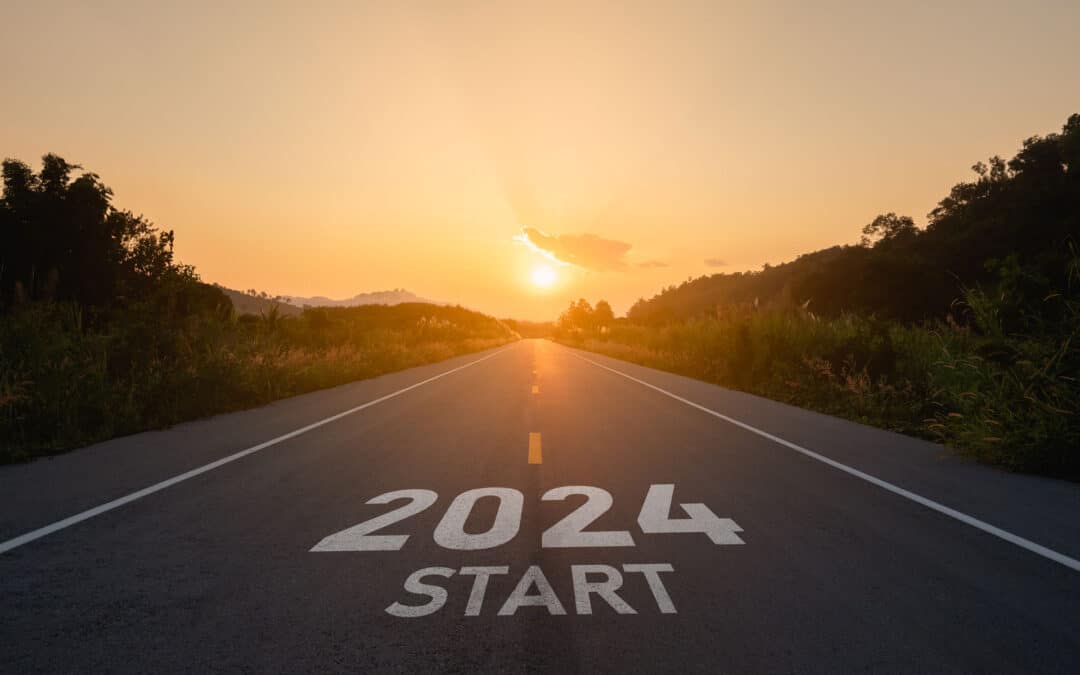The holiday season is a time of joy and celebration, but it can also be a time of stress and anxiety for many people. Studies show that drinking rates increase during the holidays, with a significant increase in the number of drinks consumed from Thanksgiving to New Year’s Day. The holidays are unfortunately a time when many people relapse.
Holiday stress is a very real and understandable thing, even for the general public. Keeping this in mind, it’s easy to imagine how stressful the holidays are for people in recovery. Simple Christmas dinners could create severe anxiety. What questions will be asked? What happens if I’m offered a drink? Would it be better to just stay at home? Before making any decisions, it’s important to honestly assess the situation.
Newly recovering people are most vulnerable to relapse, meaning they should be extra cautious during the holidays. However, this doesn’t mean that relapse will occur. It does mean that people in recovery should take extra caution and amp up their recovery maintenance techniques.
Monroe Street Housing is a premier sober living program that provides transitional housing for men and women in early recovery, affording them a significant advantage in long-term success. Making some resolutions in recovery can help you or a loved one create a successful relapse prevention plan.
Common Triggers for a Holiday Relapse
People with a history of addiction may encounter various triggers during the holiday season that could potentially contribute to a relapse. These triggers can be emotional, environmental, or social. It’s important to note that these triggers can vary from person to person, and not everyone will experience the same challenges. Here are some common triggers:
- Stress: The holiday season can bring about heightened stress due to financial pressures, family conflicts, or the expectations of creating a perfect celebration. Stress is a significant trigger for many people with a history of addiction.
- Family Dynamics: Family gatherings and dynamics can be challenging, particularly if there is a history of conflict or strained relationships. Negative interactions with family members can be emotionally distressing and trigger the desire to use substances as a coping mechanism.
- Loneliness: For those who may not have close family or friends to spend the holidays with, feelings of loneliness and isolation can be overwhelming. Substance use might be tempting as a way to cope with these emotions.
- Social Events and Pressure: Holiday parties and social events often involve alcohol and may include pressure to partake in drinking. The festive atmosphere and societal expectations can be triggering for people in recovery.
- Memories and Nostalgia: Holidays are often associated with specific memories, both positive and negative. Nostalgia or the longing for past experiences can be a powerful emotional trigger for relapse.
- Access to Substances: During the holidays, there might be increased availability of alcohol or other substances at social events. Easy access to these substances can pose a risk to those in recovery.
- Unrealistic Expectations: Unrealistic expectations, whether self-imposed or influenced by societal norms, can lead to feelings of inadequacy or disappointment. Coping with these emotions may become challenging without healthy strategies.
- Financial Strain: The financial burden associated with gift-giving, travel, or hosting events can contribute to stress and anxiety. Financial strain may trigger the desire to escape through substance use.
- Seasonal Affective Disorder (SAD): Some people experience Seasonal Affective Disorder during the winter months, leading to feelings of depression. Coping with these emotions without resorting to substance use can be difficult.
- Lack of Structure: The holiday season may disrupt regular routines and structure, which can be destabilizing for people in recovery who benefit from consistency.
It’s crucial for people with addiction to be aware of these potential triggers and to develop coping strategies and resolutions in recovery to navigate the challenges of the holiday season successfully. Seeking support from a counselor, attending support group meetings, and having a plan in place can be essential components of relapse prevention during this time.
How You Can Prevent A Winter Relapse
Here are some tips to help you prevent a winter relapse:
- Stay Connected: Surround yourself with supportive people, friends, and family who understand your journey and can offer encouragement during the winter months.
- Plan Ahead: Anticipate potential triggers and challenges unique to the winter season. Develop coping strategies and have a relapse prevention plan in place.
- Create New Traditions: Establish positive, sober holiday traditions to replace old patterns associated with substance use. Focus on activities that promote well-being and joy.
- Set Realistic Expectations: Manage expectations for yourself and others during the holidays. Strive for realistic goals to minimize stress and reduce the risk of relapse.
- Seek Professional Support: Maintain regular contact with your support network, including therapists, counselors, or support groups. Professional guidance is essential during challenging times.
- Mindful Self-Care: Prioritize self-care activities that contribute to mental and emotional well-being, such as exercise, adequate sleep, and healthy eating habits.
- Limit Exposure to Triggers: Be mindful of environments where substances may be present. Choose social gatherings wisely and have an exit plan if uncomfortable situations arise.
- Utilize Technology: Leverage virtual support networks, online recovery meetings, or therapy sessions to stay connected, especially if in-person interactions are limited.
- Focus on Gratitude: Cultivate a mindset of gratitude. Reflect on positive aspects of your life, fostering a positive perspective during the winter season.
- Maintain Routine: Continue to follow established routines as much as possible. Consistency provides stability and helps prevent the disruption of healthy habits.
- Prepare for Seasonal Affective Disorder (Sad): If you experience symptoms of Seasonal Affective Disorder, discuss them with a healthcare professional to explore appropriate interventions.
- Have a Relapse Plan: Prepare for unexpected situations by having a relapse plan in place. This can help you stay focused and avoid triggers.
- Find an Accountability Partner: Having an accountability partner can help you stay on track with your recovery goals. Choose someone supportive and trustworthy, and who understands the challenges of addiction recovery. Regular check-ins with your accountability partner can help you stay motivated and accountable.
Making Your New Year’s Resolutions a Reality
Setting SMART goals or resolutions in recovery empowers people to maintain their resolutions in recovery and approach the new year with intention, focus, and a roadmap for personal growth and well-being.
- Reflect on Your Journey: Consider your achievements, challenges, and areas for growth. This self-awareness forms the foundation for meaningful goals.
- Identify Areas of Focus: Pinpoint specific areas of your life you wish to improve. This could include relationships, self-care, career, or personal development. Tailor goals to address your unique needs.
- Make Goals SMART: Utilize the SMART criteria — Specific, Measurable, Achievable, Relevant, and Time-bound. Your SMART goal could be “walk for 30 minutes five days a week,” instead of a vague goal like “exercise more.”
- Be Specific: Clearly define each goal. Specify what you want to achieve, why it’s important, and how you plan to accomplish it. Clarity enhances commitment and motivation.
- Measure Progress: Establish measurable indicators for each goal. This allows you to track your progress and celebrate achievements along the way, fostering a sense of accomplishment.
- Ensure Achievability: Ensure your goals are realistic and attainable. It is possible to become frustrated and discouraged by setting overly ambitious goals. Make larger goals more manageable by breaking them down into smaller steps.
- Relevance to Recovery: Align your goals with your recovery journey. Consider how each goal contributes to your well-being, sobriety, and overall happiness.
- Set Time Limits: Establish deadlines for achieving your goals. By doing so, you create an urgency that helps you prioritize your tasks. Break down large goals into smaller tasks that you can accomplish within a realistic timeframe.
- Seek Support: Let someone close—be it a friend, family member, or support group—know about your goals. Accountability and encouragement from others can provide valuable motivation.
- Adapt as Needed: Be flexible and open to adapting your goals based on changing circumstances. Life is dynamic, and your goals should be responsive to your evolving needs.
- Celebrate Achievements: Acknowledge and celebrate every milestone, regardless of its size. When you acknowledge your accomplishments, it reinforces your positive behavior and motivates you to keep going.
- Reflect and Adjust: Regularly review your goals. Reflect on your progress, assess challenges, and adjust goals as needed. This ongoing process ensures relevance and maintains motivation throughout the year.
Recovery With Monroe Street Housing

Returning to treatment after a relapse provides an opportunity to address underlying issues, refine coping strategies, and reinforce commitment to your resolutions in recovery. At Monroe Street Housing, we understand the challenges people face. We offer a supportive environment where individuals can rebuild and strengthen their foundation for lasting recovery.
If you or someone you care about needs support after a relapse, Monroe Street Housing is here to help you navigate the path to renewed well-being with resolutions in recovery. Take that important step towards recovery by reaching out today.



Recent Comments